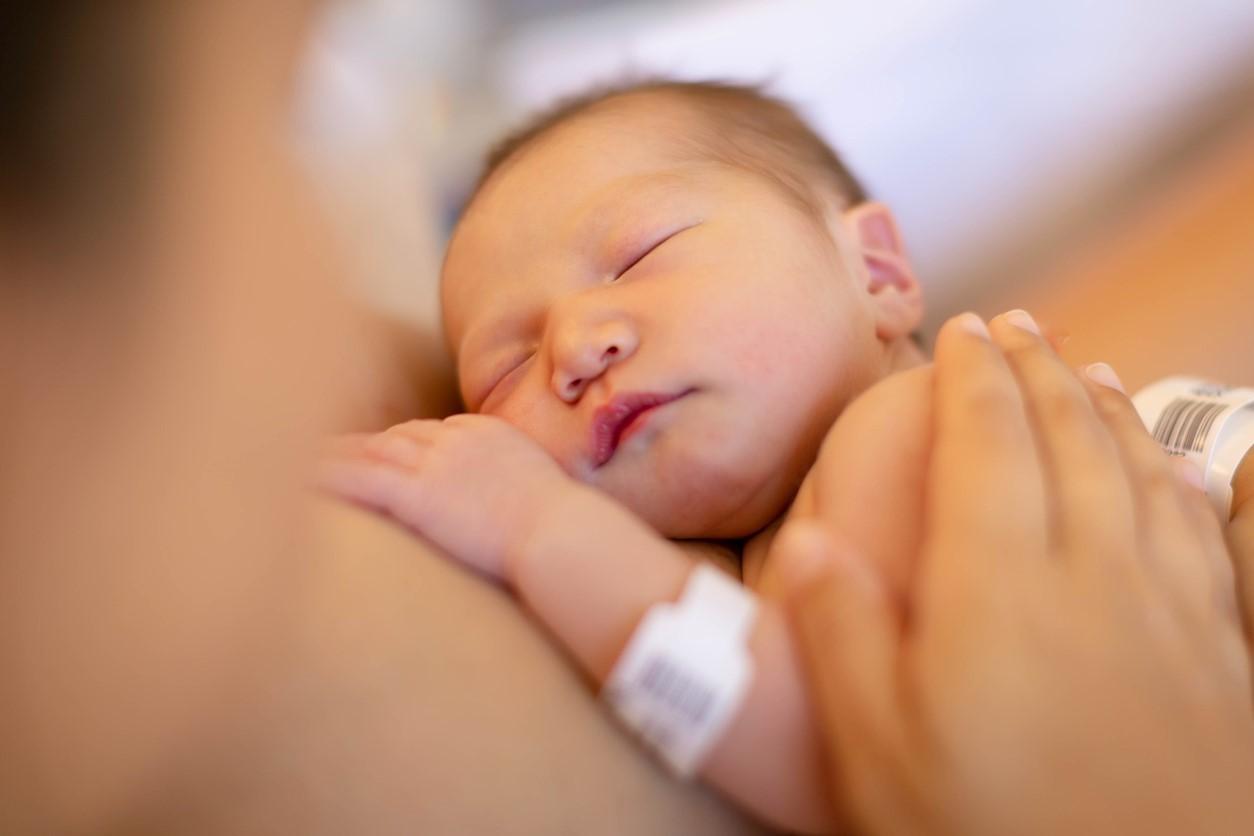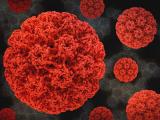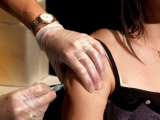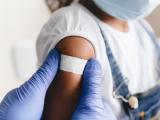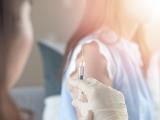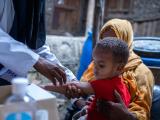Human papillomavirus (HPV) is the most common sexually transmitted infection (STI) in the United States, but there is a lack of evidence to demonstrate if the virus can be transmitted from mother to child during pregnancy. A study in JAMA Pediatrics offers new data showing that, although common in pregnancy, HPV infrequently transmits to newborns and does not persist into infancy.
And another new study highlights why some parents avoid the vaccine for their children.
40% of women, 7% of babies had HPV
In the study involving pregnant women, volunteers were recruited from three Canadian hospitals between November 8, 2010, and October 16, 2016. All participants were 18 years or older and initially seen before 14 weeks of pregnancy.
Women were asked to self-collect vaginal swabs in the first trimester of pregnancy for HPV DNA testing. If the test was positive, women were asked to swab again in the third trimester. DNA testing was also done on placental samples on all participants at birth.
Among babies born to mothers positive for HPV, researchers collected conjunctival, oral, pharyngeal, and genital samples to test for HPV DNA at birth, 3 months, and 6 months of age.
Seven percent of the babies had positive HPV detections. Of 1,050 women, 40.3% were positive for HPV at recruitment, of whom 66.4% harbored at least one high-risk genotype, and 45.0% were coinfected with multiple genotypes.
HPV was detected in 92 of 860 placentas (10.7%) tested, but only 3.9% of biopsies (14 of 361) on the fetal side under the amniotic membrane were positive. Among HPV-positive infants at birth and at 3 months, the most frequent site of infections was the conjunctiva (3.2%), followed by the mouth (2.9%), and the genital area (2.7%).
All 22 children who were HPV-positive at birth in our study cleared that infection before the age of 6 months.
"Most HPV-positive children at birth and/or 3 months of age (23 of 27 [85.2%]) had at least 1 of the same genotypes as that detected in vaginal samples of their mothers during pregnancy," the authors said. "Importantly, all 22 children who were HPV-positive at birth in our study cleared that infection before the age of 6 months."
Parents cite safety concerns in avoiding HPV vaccine
In other HPV research, a study published today in Pediatrics tracks a decade of HPV vaccine hesitancy in the United States and finds that among reasons given by parents for not getting their children vaccinated, safety concerns grew from 2010 to 2018.
The study was based on data from the 2010 to 2020 National Immunization Survey-Teen, which included 119,695 teens ages 13 to 17 years. In the United States, HPV vaccination is recommended for both boys and girls by age 11 or 12. Though vaccination has been shown to prevent more than 90% of HPV-related cancers, as of 2020, only 75.1% of adolescents aged 13 to 17 years had received at least one dose of the HPV vaccine.
Overall, vaccine hesitancy among legal guardians of survey participants decreased by 5.5% annually between 2010 and 2012, when the vaccines were first introduced, and remained stable for the 9-year period of 2012 through 2020.
The five most frequently given reasons for not getting the HPV vaccine provided during this survey were "not necessary," "safety concerns," "lack of recommendation," "lack of knowledge," and "not sexually active."
"Although reasons relating to lack of provider recommendation, lack of knowledge, and their child not being sexually active decreased in importance from 2013 to 2020, concerns regarding HPV vaccine safety have increased despite consistent evidence of the vaccine’s favorable safety profile," the authors said. "Closing the gap on the remaining 28% will likely require a mix of current and newer approaches to address vaccine hesitancy."
